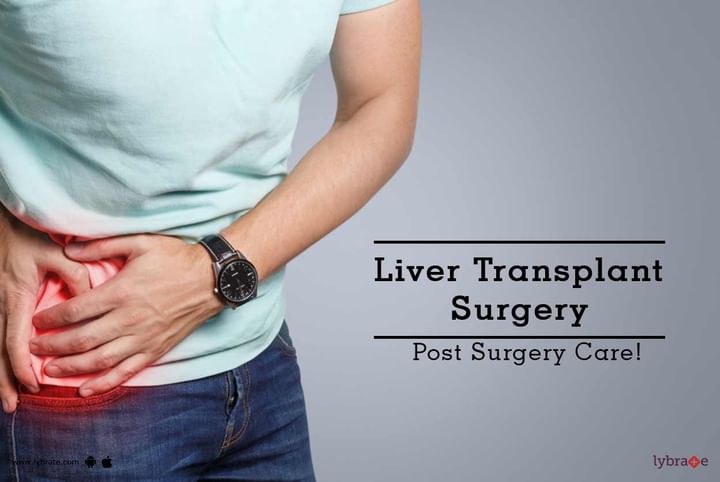Liver Transplant Surgery - Post Surgery Care!
A liver transplant surgery involves surgically substituting a problematic liver with a healthy liver from a different person. Usually, the healthy liver is taken from a person who has recently passed away. In some cases, a living person may also give away part of the liver. Usually, living donors are members of the family or someone who has a good blood type match. The liver regenerates lost tissues after a surgery; hence, the donor’s liver becomes normal within a few weeks of surgery.
You may require a liver transplant if your liver does not function optimally, owing to the below mentioned conditions:
- Cirrhosis: This is a chronic disease of the liver wherein, scar tissues replace healthy tissues in the liver, thus, not allowing the liver to function optimally.
- Metabolic disease: Disorders that modify the activity of the chemicals in the body
- Acute hepatic necrosis: This is a disorder that causes the healthy tissues in the liver to die
- Autoimmune disorders or liver cancer: Autoimmune disorders can cause healthy tissues in the liver to die as the immune system in the body starts attacking healthy tissues. Formation of malignant tumors in the liver can impair liver functioning.
Procedure
You have to undergo certain procedures before the surgery is conducted; a general health exam, imaging tests, blood tests and a psychological exam are conducted before the surgery. Based on the functioning of the liver and some other factors, your suitability for the transplant will be determined.
The procedure begins with general anesthesia, following which an incision is made in the abdomen. The liver is then removed and replaced with a healthy one. Once the procedure is completed, the surgeon closes the incision with stitches.
Aftercare
Once the procedure is done with, you are kept in the intensive care unit for a few days. The doctor will monitor your progress and put you on medications. After the recovery, you will have to undergo check-ups at regular intervals. You may also have to take medications such as immunosuppressant to prevent your immune system from attacking the liver.



+1.svg)
